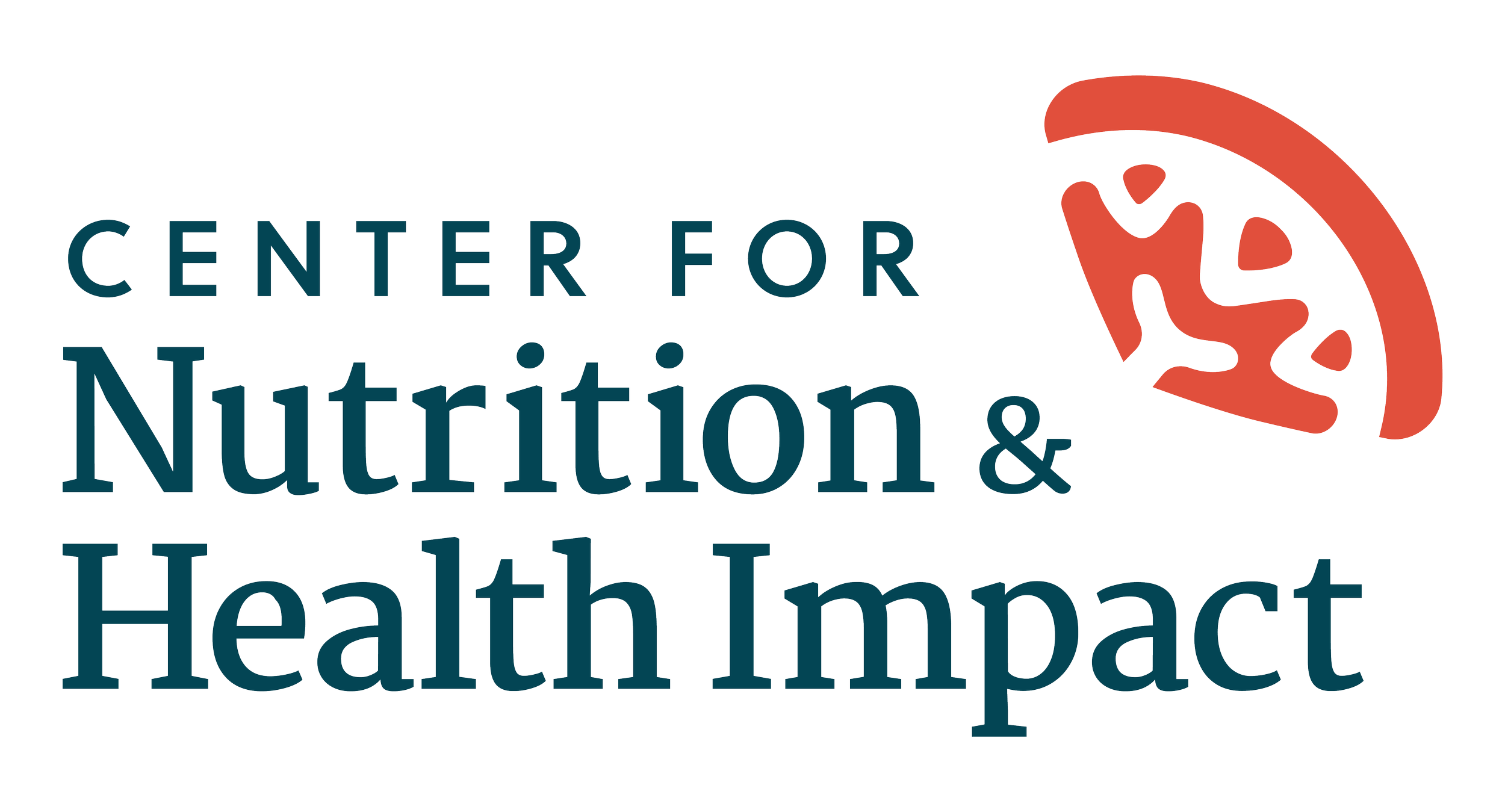Partner Feature: Melissa Akers
------- + -------
Image courtesy of Lauren Tabak.
Food is Medicine (FIM) is quickly becoming a part of the American lexicon largely due to its inclusion in the federal government’s strategy to end hunger and increase healthy eating by 2030. To help prevent and treat diet-related chronic diseases such as type 2 diabetes and obesity, one emerging intervention is to have health care practitioners “prescribe” their eligible patients with free or low-cost healthful foods, like fruits and vegetables (FVs) or nutrient-packed meals.
Among the most widely used FIM interventions are produce prescription (PPR) programs, which aim to positively impact FV intake, food and nutrition security, as well as local economies. The Seligman Research Team at the University of California San Francisco’s (UCSF) Action Research Center for Health Equity (formerly the Center for Vulnerable Populations (CVP) has been a leader in PPR for over a decade. Additionally, the team conducts strategic research focused on policies and programs impacting the food environment and food affordability.
Pictured above: Melissa Akers, Director of the Seligman Research Team at the University of California San Francisco’s Action Research Center for Health Equity / PPR Advisor at Nutrition Incentive Hub
“The term ‘produce prescription’ didn’t exist [when we started],” Akers explained. “Over time, we’ve stayed connected to the national landscape of this growing movement and our program has grown so much. Our first-born baby is like a full adult now!”
For an in-depth look into how the UCSF-based team is moving the needle on PPR, we sat down with Seligman Research Team Director and Nutrition Incentive Hub PPR Advisor Melissa Akers.
Since 2019, the Nutrition Incentive Hub has provided technical assistance to 126 PPR programs in the U.S. UCSF has played a key role from the very beginning, helping develop the original core metrics for PPR projects as part of the first iteration of the Gus Schumacher Nutrition Incentive Program (GusNIP 1.0, 2019-2023).
According to Akers, the UCSF team’s expertise in PPR is directly informed by their most longstanding program, Vouchers 4 Veggies - EatSF. Launched in 2015, the concept was simple: to provide people with financial means to purchase healthful foods, like fruits and vegetables, in stores they were already accustomed to shopping at.
Today, Vouchers 4 Veggies - EatSF is considered one of the largest, most well-established PPR programs in the nation, having reached over 20,000 households with results demonstrating improvements in food security, FV intake and overall health. While continuing to operate their program in San Francisco, “We now also provide technical assistance to other organizations that are interested in replicating our program model. We’re supporting groups in Virginia, Louisiana, Colorado and Los Angeles,” said Akers.
Image courtesy of Constanza Hevia.
Image courtesy of Constanza Hevia.
As FIM rapidly gains momentum, large health systems, health payers and food retailers are becoming increasingly eager to integrate PPR and other FIM-related interventions. Akers urges movement leaders to keep community and participant voice at the forefront, and to continue supporting local farms, economies and smaller food retail sites.
In the second iteration of GusNIP (GusNIP 2.0, 2023-2027), UCSF now serves as a core partner. “[The Nutrition Incentive Hub partners] are such leaders in the field of PPR and nutrition incentives and hold so much expertise at the national level,” Akers said. “We have this incredible opportunity to really shape and advance the field of produce prescriptions. [...] There is no other funding source with the depth and breadth across the country that has this many supports and grantees.”
Image courtesy of Lauren Tabak.
Akers has high hopes for the roles that the Nutrition Incentive Hub, GusNIP and UCSF will play in FIM and PPR.
“At the end of [GusNIP] 1.0, we’re going to have the culmination of four years of data and evidence to be able to show the national impact [...] of GusNIP-funded PPR programs,” she explained. “We really have a powerful voice to set a lot of the best practices and standards around PPR programs nationally. It’s truly a ‘pinch me’ opportunity where I get to operate a local PPR program and be involved in the national landscape of policies, programs as well as support other PPR programs through technical assistance. It’s like, ‘My gosh, I’m living my dream.’”
We asked Akers what advice she would give people looking to get involved in FIM and PPR programs.
“Tailor your program to what works for either your community or the population you want to reach,” she shared. “Where do they live? Where do they shop? Where do they get their health care? What are their barriers? [...] It’s really about thinking through and designing your program with participants in mind, rather than leading with what your own agenda might be in terms of evaluation design or what you’re hoping to get out of it.”
------- + -------
Led by Hilary Seligman, MD, MAS, the Seligman Research Team is committed to creating communities where healthy food is affordable and easily accessible. Learn more about the research team's national projects and partnerships, including Vouchers 4 Veggies - EatSF and the Nutrition & Obesity Policy Research and Evaluation Network (NOPREN), on the Seligman Research Lab website.






